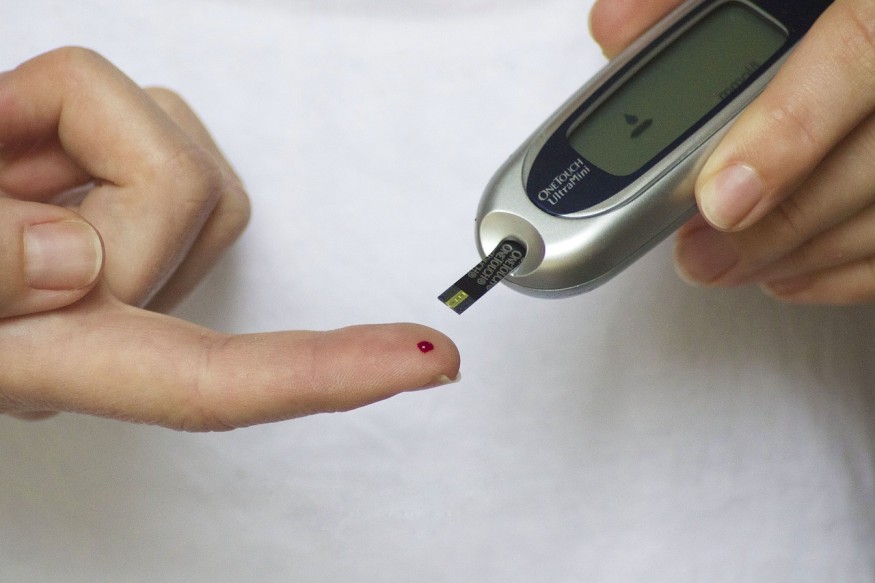
Diabetes, a prevalent health concern among millions of Britons, can often be prevented through strategic lifestyle choices.
Defined by elevated blood sugar levels due to insufficient insulin production or ineffective insulin utilization, diabetes manifests primarily in two forms. Type 1 diabetes results from the immune system attacking insulin-producing cells, while Type 2 occurs when the body fails to produce adequate insulin or responds inadequately to it.
According to Diabetes UK, over 5.6 million people in the U.K. live with diabetes, with Type 2 accounting for approximately 90% of cases.
Andrew Isaac, a health and wellness coach at Vitality, has shared via The Herald several proactive steps people can take to lower their risk of developing Type 2 diabetes:
Limit Processed Foods
Avoiding processed foods, which often contain high levels of added sugars, refined carbohydrates like white flour, and unhealthy fats such as trans fats, can mitigate diabetes risk. These components contribute to weight gain, insulin resistance, and inflammation-factors linked to diabetes development.
Adopt a Balanced Diet
Emphasizing a balanced diet that reduces carbohydrate intake while increasing fiber consumption can stabilize blood sugar levels. Carbohydrates directly impact blood sugar as they break down into glucose during digestion. Fiber-rich foods, such as whole grains, fruits, vegetables, nuts, and seeds, help slow glucose absorption and reduce insulin requirements.
"Limiting carbohydrates prevents spikes of blood sugar levels and maintains a more consistent level. Reducing our intake also reduces the amount of insulin the body needs to produce which in turn reduces insulin resistance," Isaac explained.
"The advice for adults is to aim for 30g of fibre a day, made up of whole grains, pulses, fruits, nuts, seeds, and vegetables. But if you don't currently eat much fibre it's advisable to build this up slowly to allow your body to adjust."
Stay Active
Regular physical activity enhances insulin sensitivity, enabling the body to use glucose more efficiently. Isaac stresses the importance of incorporating exercise into daily routines to reduce the risk of Type 2 diabetes significantly.
"It is estimated that 35% of the UK population are currently inactive, which is contributing to declining health and increased levels of non-communicable diseases such as type 2 diabetes, and therefore increased incidence of hospitalisation," Isaac noted.
Research suggests that consistent exercise, such as walking 10,000 steps three times a week, can lower diabetes risk by up to 41% over three years. Moreover, exercise improves cardiovascular health, further reducing diabetes-related complications.
